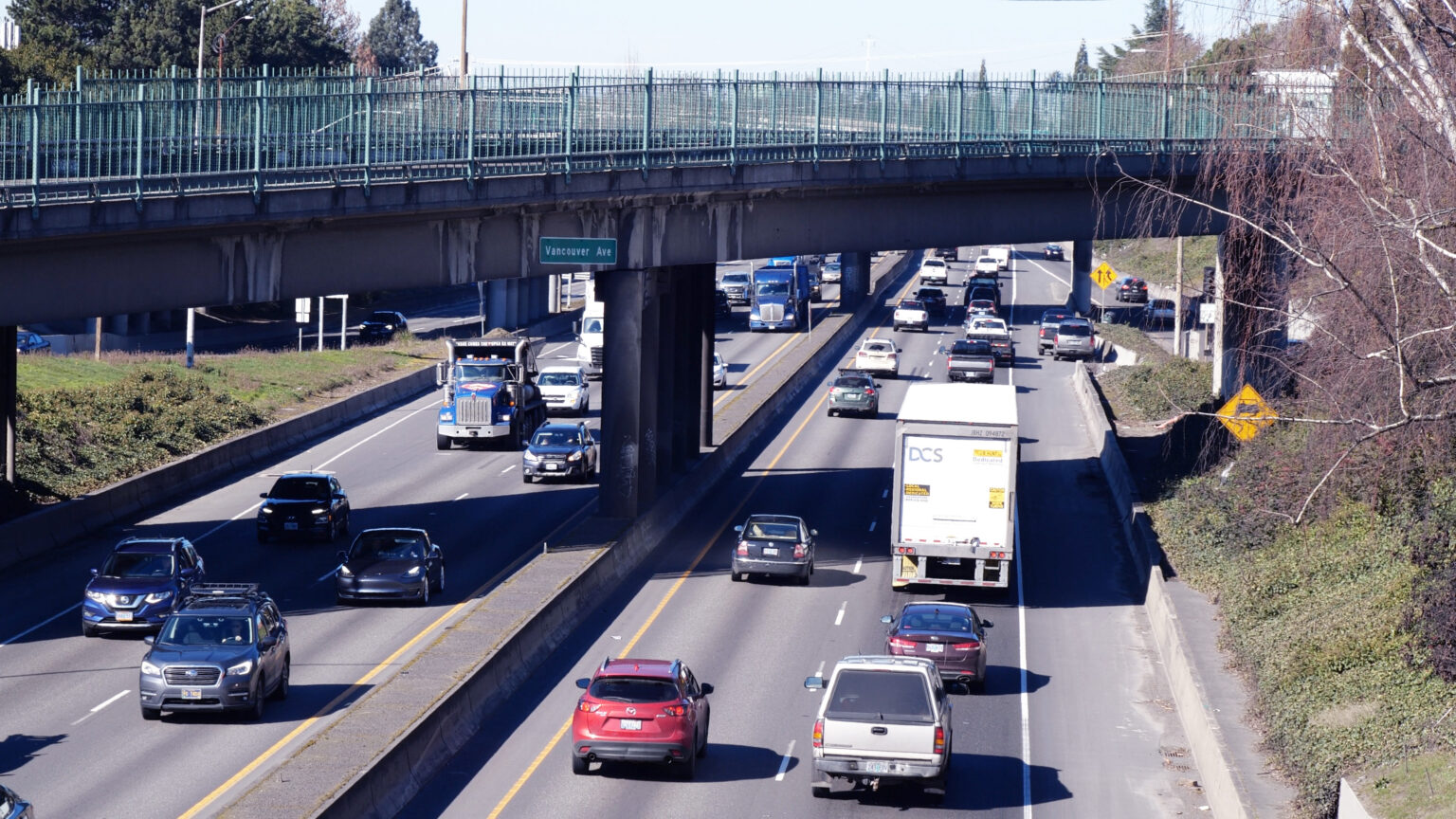Capital Chatter: Oregon broke the Legislature this week
Published 5:40 pm Thursday, April 3, 2025
Oregonians broke the Legislature this week.
OK, not the Legislature per se, just its public online system – the Oregon Legislative Information System, or OLIS.
And technically, OLIS didn’t crash. It slowed to a crawl and went a bit haywire.
But, hey, what’s a bit of hyperbole when discussing lawmaking? (I hear rumors that politicians, not to mention folks on social media, have been known to exaggerate on occasion. Really.)
Now to the point: A hearing Monday afternoon on Republican-sponsored SB 210 confirmed Oregonians’ love for vote-by-mail. Meanwhile, the episode raises intriguing questions about legislative politics and legislative technology.
Senate President Rob Wagner, D-Lake Oswego, has strived to improve relations with Republicans. He encouraged committees to discuss worthy Republican ideas, even if the bills were destined to die.
Still, Sen. David Brock Smith, R-Port Orford, reportedly was as shocked as anyone that the Senate Rules Committee allowed a public airing of his SB 210. The measure would ask voters to decide whether to continue with mail elections or revert to traditional polling places.
“This is a highly interesting topic for the citizens of Oregon,” Brock Smith told committee, referring to his legislation as “the bill that broke OLIS today.”
His argument: Oregon’s vote-by-mail and voter-registration procedures have evolved. A referral to voters would be a simple and democratic way for Oregonians to affirm whether they still prefer and trust mail balloting.
Democrats consider the issue decided. “Personally, I do believe that Oregon has one of the most secure election systems in the country,” Senate Majority Leader Kayse Jama, D-Portland, said as he closed the hourlong hearing. He chairs the Rules Committee.
Later Monday, House Speaker Julie Fahey, D-Eugene, also confirmed Democrats had zero interest in rolling back vote-by-mail.
One hundred, sixty-nine people had signed up to testify in person or virtually. They were allowed one minute each. However, the majority did not participate, due to technology glitches and/or the one-hour overall time limitation.
Was the SB 210 hearing an exercise in bipartisanship by Democrats or an opportunity to make Republicans look bad? Or both, or neither?
In an email later, Jama told me: “Senate Bill 210 had a public hearing because public participation is good for democracy. Transparent processes and civic engagement have never been more important to our government and the hundreds of people who submitted testimony to the Rules Committee showed their dedication.”
It certainly was an exercise in public involvement. SB 210 elicited the most written testimony ever – 14,226 comments by the Wednesday afternoon cutoff.
Statewide, the overwhelming majority opposed the bill. Opponents wrote from Adrian and Zigzag, Port Orford and Joseph, and scores of other communities, including Bend, Eugene and Portland. Yet even in Oregon’s Democrat-majority urban centers, there was some support for dumping vote-by-mail.
Senate Republican Leader Daniel Bonham, of The Dalles, suggested the numbers reflected which side was better at rallying activists, not necessarily how Oregonians felt.
That might be accurate.
Interest groups certainly were effective. It’s fascinating that SB 210 drew more testimony than housing/homelessness, schools, guns or any other issue so far. Oregonians have uploaded 72,087 pieces of testimony during the 2025 legislative session. About 20% are on SB 210.
With that unprecedented workload, it’s not surprising OLIS suffered.
Shane Walker, the Legislature’s chief information officer, said the email account handling testimony confirmations reached Microsoft’s daily sending limit. That prevented some Oregonians from being able to testify orally. Some other committees also were affected, and OLIS was slow for everyone.
Legislative staff responded Monday night by doubling the processing power and memory for the OLIS server, switching to a different email account to reset the daily limit, and examining long-term solutions.
As far as public Wi-Fi access in the Capitol, Walker said both access and speed have been increased. However, due to the ongoing construction, not all the access points have been installed. Repeaters also are being installed to improve cellular coverage.
SB 210 tested legislative dynamics. The Legislature’s long-term technology capabilities will be tested when construction finishes and the Capitol fully reopens, perhaps in September.







